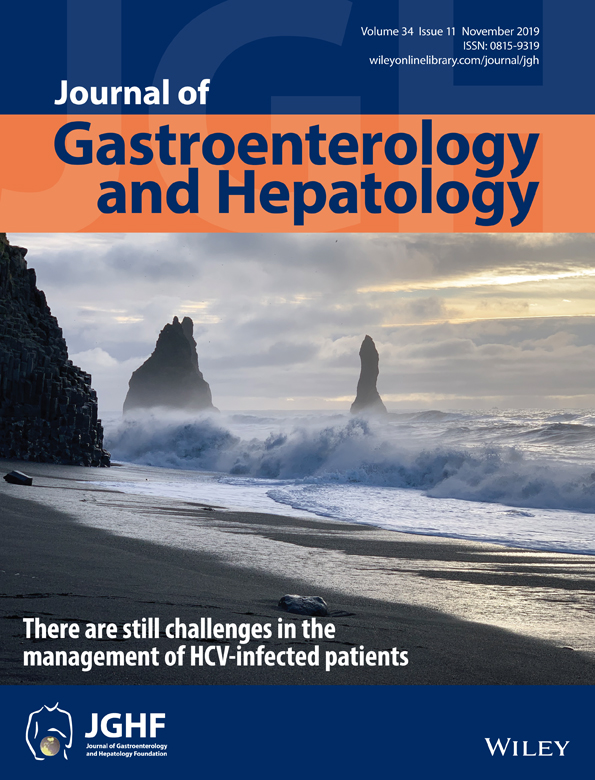Improvement of hyponatremia in cirrhosis is associated with improved complex information processing
Abstract
Background and Aim
Hyponatremia, a cause of brain dysfunction and risk factor for hepatic encephalopathy, is frequent in patients with advanced cirrhosis and ascites. The interdependence of liver failure and hyponatremia makes it difficult to separate the effects of each on cognitive function. The objective was to assess whether an increase in plasma sodium in patients with cirrhosis and ascites leads to an improvement in cognitive function.
Methods
This is a post-hoc analysis of 250 cirrhosis patients without overt hepatic encephalopathy randomized to receive either placebo or satavaptan, a vasopressin V2 antagonist. The exposure was plasma sodium, and the outcome was the trail-making test (TMT) parts A and B, which assesses speed of information processing, performed before the study starts and after 14 days. The results were analyzed by initial and change to final sodium concentration.
Results
At entry, the patients with normonatremia exhibited better results on both the TMT-A (median 56 vs 77.5 s for patients with sodium ≤ 130 mmol/L [P = 0.0059]) and the TMT-B (median 127 vs 170 s for patients with sodium ≤ 130 mmol/L [P = 0.0066]), unrelated to age. Improvement of hyponatremia was more common in patients who received satavaptan (59.7%) than placebo (18.5%). Correction of hyponatremia did not shorten the simple TMT-A but markedly improved the complex TMT-B by an average of 20 s compared with 6.5 s in those with continuing hyponatremia (P = 0.02). Liver status measures remained stable during the period reported.
Conclusions
These data suggest that improvement of hyponatremia in patients with cirrhosis leads to an increase in the speed of complex information processing.




